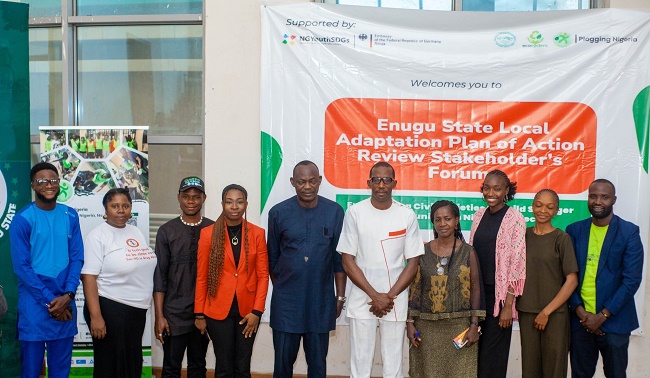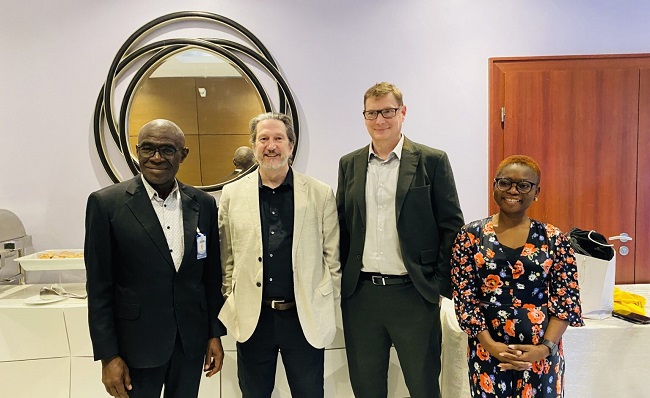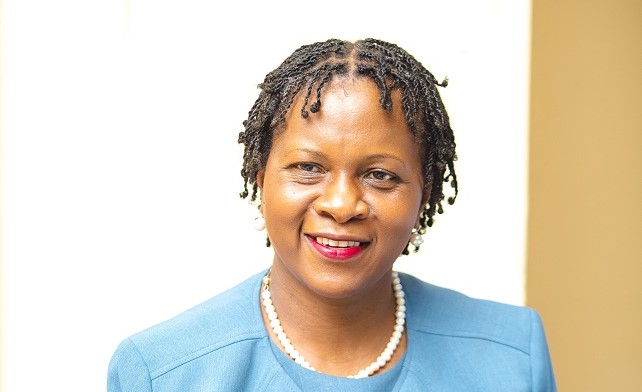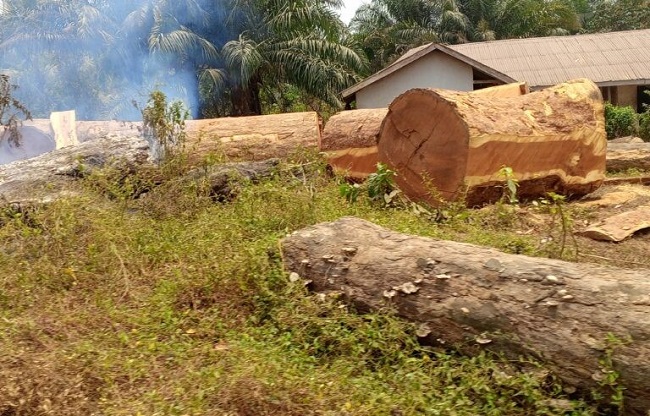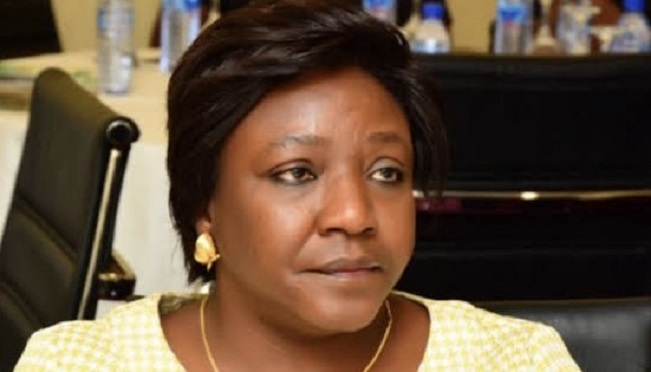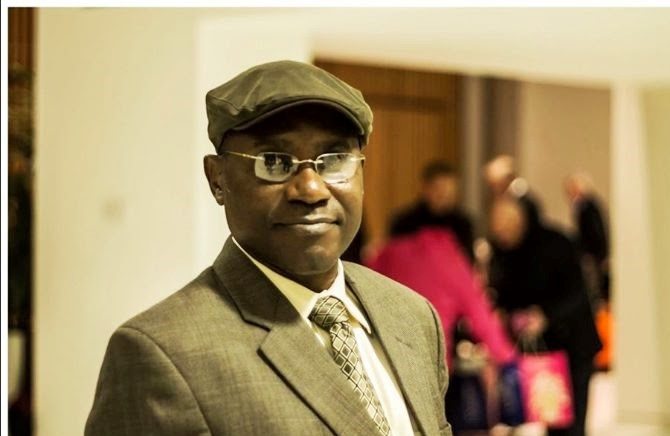In Nigeria, violence against women remains a pervasive and deeply troubling issue. It affects millions of women and girls.

In spite of ongoing efforts to combat this scourge many survivors continue to suffer in silence, often due to fear or lack of awareness about available support resources.
To illustrate the gravity of the issue, one survivor of gender-based violence, who prefers to remain anonymous, shared her harrowing story recently.
“I was married at 16 and suffered years of physical and emotional abuse. I was too afraid to speak out, but one day, I found the courage to leave.
“With the help of a local non-governmental organisation, I was able to access counselling and legal support,” she said.
Her experience reflects the need for increased awareness and robust support systems for survivors of gender-based violence.
According to OXFAM, domestic and sexual violence are particularly concerning, with distinctive regional variations across Nigeria.
Alarmingly, 30 per cent of Nigerian women and girls aged 15 to 49 have experienced some form of physical or sexual violence, with the South-South zone reporting the highest prevalence at 52 per cent.
Moreover, single women, whether divorced, separated, or widowed face even greater risks, with 44 per cent affected across all regions.
To address these alarming trends, the National Council for Women Societies (NCWS) has emphasised the importance of collaborative efforts.
During a recent community sensitisation programme on the Violence Against Persons Prohibition (VAPP) Law in Nasarawa State, Mrs. Geraldine Ita-Etuk, Acting National President of the NCWS, called for collective action from stakeholders.
She emphasised the need to build a society where women and girls are valued, respected, and protected.
Ita-Etuk noted that although the VAPP law, enacted in 2015, offers a comprehensive legal framework to protect women and girls, many remain unaware of its provisions.
“Stakeholders must engage community leaders, traditional rulers, and other influential figures to raise awareness about the law,” she said.
She called for technical support for law enforcement institutions and stressed investing in health, education, financial empowerment, and technology to uplift rural women and boost national development.
Various stakeholders and organisations have reaffirmed their commitment to tackling gender-based violence.
For instance, Mrs Mary-Maudline Nwifuru, wife of the Ebonyi State Governor, has urged the public to promptly report any cases of abuse to her office, ensuring immediate intervention.
Similarly, organisations like the Women Advocates and Research Documentation Centre (WARDC) and Women for Women International (WfWI) have called for increased funding and collaboration to address this issue effectively.
In a recent move, the Federal Capital Territory Administration (FCTA) has expanded its anti-gender-based violence campaign to all six area councils of the territory.
Speaking on the initiative, Dr Mariya Mahmoud, Minister of State for the FCT, emphasised that combating gender-based violence is crucial to building a fair and equitable society.
“The psychological, physical, and emotional impacts of gender-based violence are far-reaching, with long-term health consequences.
“Aggressive campaigns can significantly raise awareness about the various forms of violence, including domestic abuse, sexual assault, and harassment,” she stated.
Mahmoud also stressed the importance of education and outreach efforts to challenge societal norms and stereotypes that perpetuate violence.
Mobilising communities, she argued, fosters collective responsibility and creates safer environments for all.
In another noteworthy effort, First Lady Oluremi Tinubu has partnered with governors’ wives to combat gender-based violence and harmful social practices nationwide.
Additionally, the Federal Government has announced plans to enact mandatory reporting regulations, aimed at tackling the widespread prevalence of sexual and gender-based violence.
Mrs Yewande Gbola-Awopetu, Head of the Sexual and Gender-Based Violence Response Unit in the Ministry of Justice, explained that the proposed law would legally require individuals and organisations to report cases of abuse.
“Mandatory reporting ensures timely intervention, supporting survivors, holding offenders accountable, and implementing preventive measures,” she said.
Addressing gender-based violence requires innovative approaches and collaboration among diverse stakeholders.
According to Ms Grace Udie, Communications Officer at Gender Strategy Advancement International (GSAI), the government’s decision to enforce mandatory reporting represents a significant milestone in this fight.
“Gender-based violence is a global concern, affecting millions of women and girls annually. Tackling this complex societal challenge demands collective effort,” Udie remarked.
Ultimately, ending violence against women in Nigeria demands a united and sustained approach.
Recognising the vital role of rural women and addressing the unique barriers they face is essential to achieving this goal.
By investing in education, healthcare, and economic empowerment, stakeholders can create a society where women and girls are truly valued, respected, and protected.
By Abiemwense Moru, News Agency of Nigeria (NAN)

